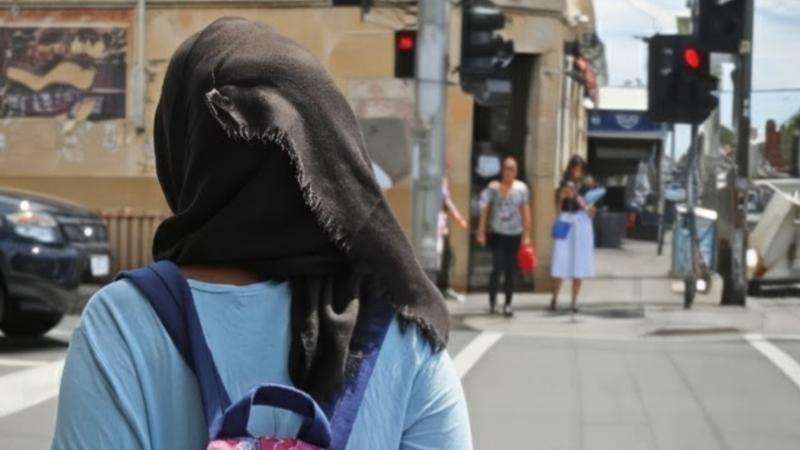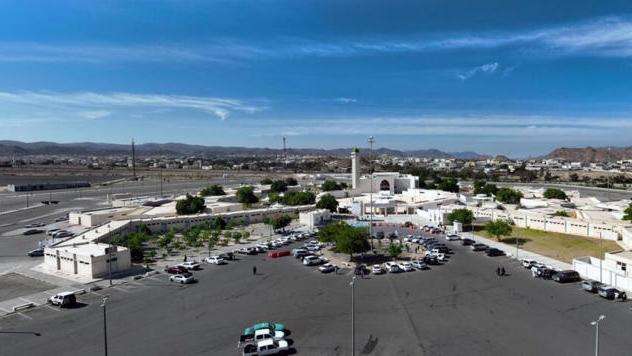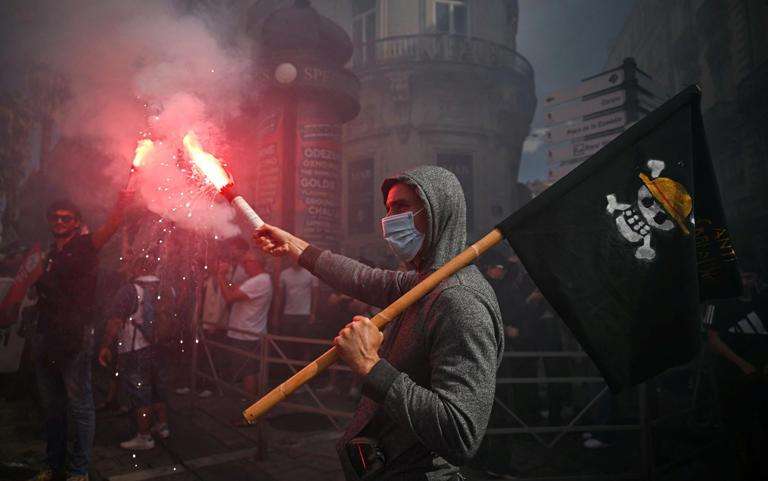A climate of fear and uncertainty is gripping Muslim and South Asian students in the United States following a controversial crackdown by Immigration and Customs Enforcement (ICE) that has led to the abrupt revocation of over 1,400 student visas. Legal challenges are mounting as affected students, including many from Bangladeshi backgrounds and other South Asian nations, allege they are being unfairly targeted and stripped of their educational opportunities without due process.
The unfolding crisis comes against the backdrop of heightened tensions on US university campuses, fueled by protests concerning international conflicts. While the official justification for the visa revocations remains vague, legal filings and reports suggest a disturbing trend of students from Arab and Muslim backgrounds being disproportionately impacted. Many fear that their religious and ethnic identities, coupled with their potential involvement in or perceived sympathy towards certain political causes, are making them targets of increased scrutiny and punitive measures.
The anxiety among these students is palpable. Thousands who were diligently pursuing their studies, complying with all visa regulations, and contributing to academic communities now face the terrifying prospect of sudden deportation and the shattering of their dreams. The emotional and psychological toll of this uncertainty is immense, leaving students in a state of constant fear, unable to focus on their studies, and deeply worried about their futures.
For British Bangladeshi and other South Asian students in the US, this situation evokes particular concern. They are witnessing firsthand how their peers, who share similar cultural and religious backgrounds, are being caught in this dragnet. The news circulating within their communities and back home in the UK is creating a ripple effect of worry and apprehension. Many are now questioning their own safety and security in the US, wondering if they too could become targets of this seemingly arbitrary enforcement.
The lawsuits filed by affected students paint a picture of chaos and a lack of transparency. Students report receiving vague notifications of visa revocation, often citing nebulous reasons such as being "identified in criminal records checks" despite having no significant criminal history. In one particularly egregious case highlighted in the International Business Times UK report, a senior at Georgia Tech was informed of his visa cancellation days before his graduation, his only offense being a dismissed traffic violation.
Legal teams representing the students argue that having a visa revoked does not automatically terminate their student status and are vehemently contesting ICE's actions. They are seeking temporary restraining orders to reinstate the students' immigration status, emphasizing the irreparable harm caused by the disruption of their education and careers.
Adding fuel to the fire is the revelation of the State Department's "Catch and Revoke" initiative, a program reportedly utilizing artificial intelligence to monitor social media and protest coverage to flag foreign nationals suspected of supporting designated terror groups. Critics fear that this initiative enables sweeping surveillance and punishes peaceful student protestors without proper evidence or due process. The fact that over 1,400 students have been affected since the program's launch in March underscores the scale and potential overreach of this initiative.
For Muslim, Bangladeshi, and South Asian students in the US, the current climate is creating a chilling effect on free speech and academic expression. The fear of being labeled, surveilled, and potentially having their visas revoked for expressing their views or participating in peaceful protests is stifling open dialogue and creating an environment of self-censorship.
The outcome of the ongoing legal battles will have far-reaching implications, not only for the affected students but also for the broader landscape of international education and immigrant rights in the US. These cases are becoming a crucial test of whether the principles of due process and fair treatment will prevail over what many perceive as politically motivated targeting and the erosion of civil liberties on university campuses. The anxiety and stress felt by Muslim and South Asian students in this precarious situation serve as a stark reminder of the human cost of broad-stroke immigration enforcement and the urgent need for clarity, accountability, and a commitment to justice within the US immigration system.




_7.jpg)



.svg)


